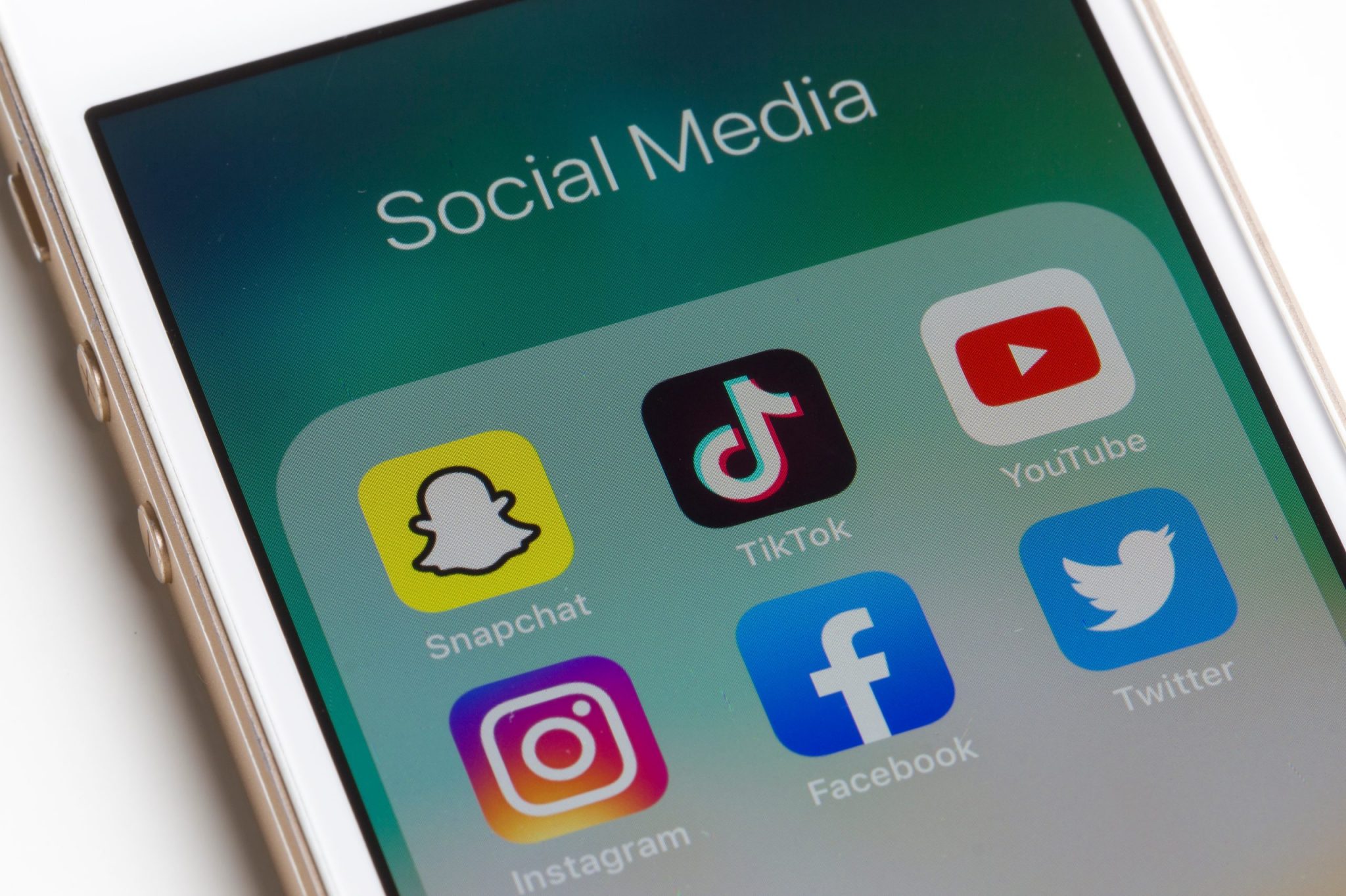The Midterm Monitor is an interactive tool that provides a snapshot of social media messages and narratives shaping the conversation around voting and election administration in the leadup to the 2022 midterm elections. The Midterm Monitor tracks social media posts for a subset of candidates for office, news outlets, and other key messengers. Learn more.
This week, the Midterm Monitor report looks at allegations of Big Tech “interference” and “Zuckerbucks” on the right, as well as the media and Democratic candidates’ disproportionate focus on election deniers. A couple of takeaways:
- Monitored Republican candidates on Twitter regularly promoted their accounts on conservative social media platforms—most notably, GETTR, Truth Social, and Rumble. In total, there were more than 50 tweets by monitored Republicans promoting their accounts on one of those three platforms; no Democrats mentioned an account on one of those platforms. Democrats, however, were far more likely to promote their TikTok accounts than Republicans—another sign of the fracturing of the online information space.
- To analyze election denier candidates for governor, we focused on four non-incumbent candidates in swing states that States United identified as election deniers: Kari Lake (AZ), Doug Mastriano (PA), Tim Michels (WI), and Tudor Dixon (MI). Again, removing mentions from their opponents, those four candidates were mentioned 136 times by Democratic candidates but only 64 times by other Republicans, with perhaps the most vocal election denier—Mastriano—receiving eight times more mentions from Democrats than Republicans.
Allegations of “Big Tech” Interference in the Election
Between July 1 and October 26, 79 percent (130 of 164 tweets) of mentions of the term “Big Tech” by monitored candidates on Twitter were made by Republicans. Of those tweets, 36 percent (47 tweets) mentioned censorship of conservatives, and 16 percent (21 tweets) contained a reference to collusion. The latter claim spiked after Mark Zuckerberg told podcaster Joe Rogan that Facebook suppressed the Hunter Biden laptop story in 2020 after general warnings from the FBI about the potential for a foreign disinformation campaign before the election, which several candidates framed as a political “pressure” campaign by the FBI to interfere in the election.
The Facebook CEO’s philanthropic grants to local election offices prior to the 2020 election to aid in administrative tasks and voter outreach efforts made more challenging by the COVID-19 pandemic—donations colloquially referred to as “Zuckerbucks”—were also regularly cited by election deniers as evidence of Silicon Valley’s interference. (The bipartisan Federal Election Commission unanimously voted to dismiss complaints about the legality of Zuckerberg’s donations.) Regardless, “Zuckerbucks” was mentioned by at least nine candidates on either Twitter or Facebook, with another candidate creating a Rumble video to promote allegations that the program was a “lawless” and “unconstitutional” effort to boost the fortunes of Democrats.
Beyond general complaints about anti-conservative bias in Silicon Valley (monitored Republicans mentioned censorship roughly four times as often as Democrats in tweets between July 1 and October 26), at least 14 monitored GOP candidates alleged direct censorship of their personal or campaign social media accounts, including by claiming that their Twitter accounts were being shadow banned, their tweets throttled, or their followers purged or harassed. Other tweets from GOP candidates slammed YouTube’s “leftist censorship regime” for removing their videos questioning the legitimacy of the 2020 elections or alleged that Google had “deplatformed” their campaign websites. Perhaps as a result, monitored Republican candidates on Twitter regularly promoted their accounts on conservative social media platforms—most notably, GETTR, Truth Social, and Rumble. In total, there were more than 50 tweets by monitored Republicans promoting their accounts on one of those three platforms; no Democrats mentioned an account on one of those platforms. Democrats, however, were far more likely to promote their TikTok accounts than Republicans—another sign of the fracturing of the online information space.
Election Deniers are Being Disproportionately Covered by the Media…and Democrats
That national media outlets disproportionately cover prominent election denier candidates is hardly surprising, but in certain races, election deniers received substantially more coverage than their opponents. In Arizona, for example, election deniers running for governor and secretary of state were mentioned three times as often in tweets by monitored national media accounts between July 1 and October 26 as their non-election denier opponents. And in Pennsylvania, monitored national media outlets mentioned GOP gubernatorial candidate Doug Mastriano, an election denier, roughly five times as often as his opponent, Josh Shapiro. By contrast, GOP gubernatorial candidate and sitting Georgia Governor Brain Kemp, who has accepted the results of the 2020 election, was mentioned in approximately half the tweets as his opponent, Democrat Stacey Abrams.
Election deniers were also mentioned far more often by Democrats than by members of their own party. Removing mentions of candidates by their own account and the account of their opponents, we found that the ten GOP secretary of state candidates States United identified as election deniers were approximately three times more likely to be mentioned by other Democrats than they were by other Republicans.
To analyze election denier candidates for governor, we focused on four non-incumbent candidates in swing states that States United identified as election deniers: Kari Lake (AZ), Doug Mastriano (PA), Tim Michels (WI), and Tudor Dixon (MI). Again, removing mentions from their opponents, those four candidates were mentioned 136 times by Democratic candidates but only 64 times by other Republicans, with perhaps the most vocal election denier—Mastriano—receiving eight times more mentions from Democrats than Republicans.
The views expressed in GMF publications and commentary are the views of the author alone.





